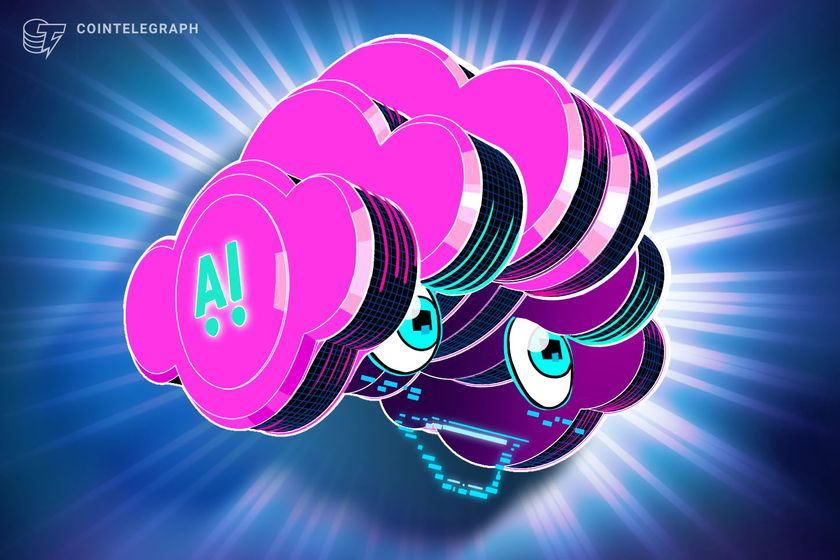
The explosion of artificial intelligence hasn’t escaped the Vatican, with Pope Francis warning of its dangers in a hefty 3,400-word letter ahead of the World Day of Peace on Jan. 1.
The adoption of AI in cybersecurity offers significant benefits, but it also introduces various dangers and challenges: Adversarial Attacks: AI systems in cybersecurity are susceptible to adversarial attacks, where malicious actors manipulate AI models by introducing subtle changes to inputs. These attacks can deceive AI-based security systems, leading to misclassification of threats or vulnerabilities. AI-Powered Cyberattacks: Cybercriminals can leverage AI to enhance the sophistication of their attacks. AI algorithms can automate tasks, such as crafting convincing phishing emails, creating malware variants that evade traditional detection methods, or launching more targeted and efficient attacks. Privacy Concerns: AI technologies used in cybersecurity often rely on extensive data collection and analysis. This raises privacy concerns as large datasets containing sensitive information could be vulnerable to breaches or unauthorized access, potentially compromising individuals’ privacy rights. Bias and Fairness: AI systems can inherit biases present in the data used to train them. In cybersecurity, biased AI algorithms might lead to discriminatory outcomes, such as incorrectly flagging certain individuals or groups as potential threats based on biased patterns in the data. Overreliance on Automation: While AI can automate many security tasks and improve efficiency, overreliance on automated systems without human oversight can lead to complacency and a false sense of security. Human expertise is still crucial for interpreting complex threats and making nuanced decisions. Lack of Regulation and Standards: The rapid advancement of AI in cybersecurity has outpaced the development of regulatory frameworks and industry standards. This lack of regulation can lead to inconsistent practices, inadequate security measures, and challenges in accountability. Complexity and Skill Gap: Implementing AI in cybersecurity requires specialized skills and expertise. The complexity of AI systems can create a skill gap among security professionals, making it challenging for organizations to effectively deploy, manage, and secure AI-powered solutions. Misuse of AI Tools: Malicious actors might exploit AI tools and platforms designed for cybersecurity purposes for nefarious activities. For instance, they could use legitimate AI-powered security tools to gather intelligence or create new attack vectors. Addressing these dangers requires a multifaceted approach, including ongoing research into AI security, developing robust and transparent AI algorithms, implementing ethical guidelines for AI usage, investing in cybersecurity workforce training, and establishing regulatory frameworks to govern the responsible use of AI in cybersecurity. Additionally, a combination of AI and human expertise is crucial for effective threat detection and response.

